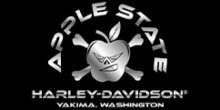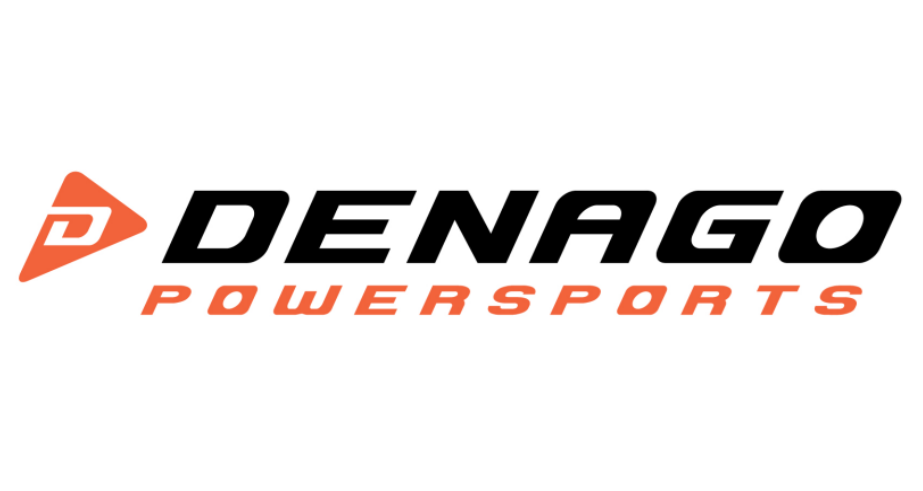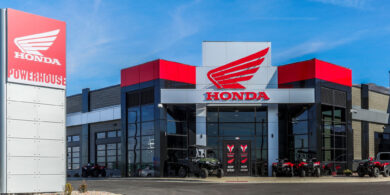The art and science of preparing your dealership for sale: Part 2
This article was written by contributing writers Brad Stanek and Paulina Matel.
Selling your dealership is a significant undertaking that requires careful planning and execution. Darris Blackford, the organizational director for National Powersports Dealer Association (NPDA), told us on a recent webinar that owners must heed both the art and the science of valuation. The art of preparing a dealership for sale “involves developing a clear vision and strategy for your family’s future,” explains Blackford. In our last article (Part 1), we explored the buy-sell landscape for the powersports industry and discussed the importance of allocation buckets in a buy-sell transaction. We also reviewed important deal factors that buyers will consider when acquiring a dealership.
In Part 2 of our article, we will discuss the following key takeaways:
- Take time to define what a successful transaction looks like for you and your family. Understand the importance of having a written plan.
- Understand what makes your dealership so valuable. Be realistic about what can add value.
- Make sure you have a deal team and a quarterback overseeing the process. Having advisors who know the buyer community gives you a big leg up.
- The price you receive is much less important than your “walkaway” number. It’s never too early to start the planning process.
Defining success
On our recent webinar with George Chaconas and Courtney Bernhard, partners at the powersports division of Performance Brokerage Services, we discussed the importance of defining a successful dealership transaction well in advance. Before entering negotiations, Bernhard said its very important to sit down with your partners, your advisors, and your family to know exactly what you want out of a deal. You must always be willing to walk away if the offers you receive are too distant from the number that works for you and your family. Additionally, you should know how long you are willing to stay on post-sale. If you do choose to stay on, what are the terms of the transition, and what do you want to do with your real estate, whether it be leasing or selling it. It’s very important to think through all the tax consequences of exiting with your advisors before you go to market. Personally, we’ve found it very useful to memorialize all these key components into a written exit plan that you and your team of advisors can execute.
Don’t lose sight of day-to-day operations
It’s essential to keep the business running as though you are not going to sell. Slowing down or checking out mentally from the business while negotiations are taking place could raise lots of red flags for potential buyers. Likewise, if your deal falls through, you don’t want to be playing catch up for months or even years just to get your business back on track.
Be realistic about what makes your dealership so valuable
No two dealerships are the same. Are you in a desirable geographic area that certain buyers want to enter? Do you carry certain lines that they’ve always wanted to have? Does that make your territory more valuable? What’s your growth potential? As Bernhard and Chaconas have shared with us, if I’m a buyer who sees an opportunity to take your business from $10 million to $20 million in gross revenue, that’s a lot more attractive than buying a $12 million dealership that’s likely to stay at $12 million. If you’re trying to show great upside potential, you don’t want to show flat revenue over your three most recent years.
Having an advisor who knows the buyer community can be a huge advantage when it comes to knowing what they’ll be flexible about and what they’ll hold firm on. We know a dealer who didn’t quite get the price he wanted, but was able to get a 10−year lease on his real estate rather than the usual 3−5. That was a huge amount of guaranteed cash flow in his pocket over the next decade.
Deal team
Preparing your dealership for sale is too complicated and time-consuming to do on your own. A good CPA will help you recast your financial statements to determine your true profitability and advise you on the best deal structure if you’re a C corporation or an S corporation or an LLC. Your CPA should help you understand what your “walkaway” number will look like after taxes and transaction costs. You also want a good transaction attorney who can help you negotiate the asset purchase agreement.
A good broker will help you negotiate the Letter of Intent, identify the best buyer for your business, and offer the opportunity discreetly to protect your confidentiality. Finally, you’ll need a financial planner who can help you quarterback the entire transaction and oversee the efforts of all the other advisors. They can also help you plan your financial transition to a new life without a dealership to run (or the regular income it generates).
The more experience your deal team has in the powersports industry, the better your chances of a successful outcome. Remember, preparing your dealership for sale is a complex array of financial, legal, tax, valuation, and emotional decisions. It’s also about planning for contingencies such as death, disability or divorce.
Final thought
You’ve worked too hard to build your dealership to leave exit planning to chance. Start the planning process well in advance and make sure you have the right team in place to ensure the best possible outcome for you, your family, your dealership, and your community.
Brad Stanek, CFP is an Executive Director and Financial Advisor with The Stanek Group at Morgan Stanley in Chicago, IL brad.stanek@ms.com
Paulina Matel, CFP, CEPA is a Financial Advisor with The Stanek Group at Morgan Stanley in Chicago, IL Paulina.Matel@morganstanley.com








